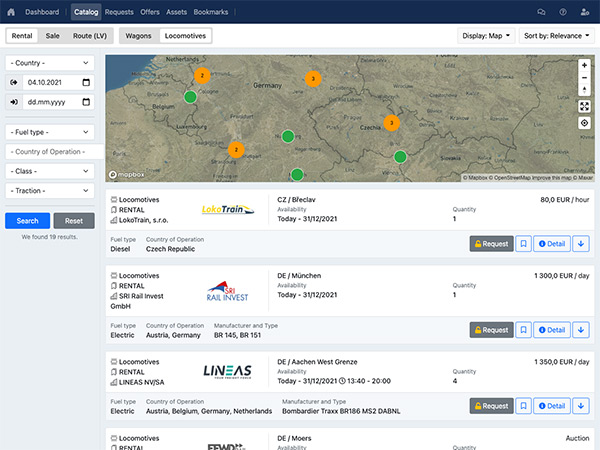Swiss Federal Railways (SBB), in collaboration with Alstom, conducted a series of tests involving the remote control of a locomotive during its regular operations, a move that places them among the first in Europe to experiment with this technology. The trials, carried out in February and March 2024, aimed to explore the feasibility of using remote control for moving trains, specifically in situations where a train might need to be moved to a safe area due to malfunction.
The primary focus of these trials was on scenarios where remote control could be especially useful, such as short-distance movements required during nighttime maintenance in tunnels or at construction sites. The flexibility offered by remote control operations could potentially reduce the risks associated with manual operations, like tripping or falling on tracks. However, the implementation of this technology for regular train operations involving passengers remains a low priority for SBB.
A total of 24 train drivers from various sectors, including passenger and freight services as well as infrastructure and shunting operations, participated in the trials. They operated a locomotive from a remote-control station in Oerlikon, controlling a train located in Zürich Mülligen. This represents one of the first instances in Europe where such technology was tested under live operational conditions at a shunting yard.
The remote-control console used in Oerlikon, developed by Alstom, functions similarly to a simulator, with live feeds from cameras mounted on the vehicle providing the operators with real-time visuals of the track ahead, signals, and potential obstacles. The locomotive responded to the operators' commands, moving at speeds up to 30 kilometers per hour, with safety measures in place allowing for immediate stoppage of the train if necessary.
Additionally, the human factors involved in remote train operations were analyzed by experts from the German Aerospace Center (DLR), focusing on the interaction between human operators and the technological system. This aspect is crucial for understanding how operators adapt to and engage with the remote-control system in real-world scenarios.
These tests also serve to evaluate European standardization proposals, ensuring that future regulations are applicable within Switzerland. The findings will contribute to both interim and final reports to the Federal Office of Transport. An international public report will also be available, highlighting Switzerland's requirements for the development of remote-control systems standards in Europe.
SBB plans to further explore Automatic Train Operation (ATO) technologies in collaboration with the industry. Projects on the horizon include automated acceleration and braking in freight transport, automatic train start-up, and signal and obstacle assistance systems, with the goal of aligning with European standards. These initiatives are part of a broader effort to enhance operational efficiency and safety through technological innovation, supported by funding from the Federal Office of Transport and the Swiss State Secretariat for Education, Research, and Innovation under the Horizon Europe program "Europe’s Rail Innovation Pillar."

